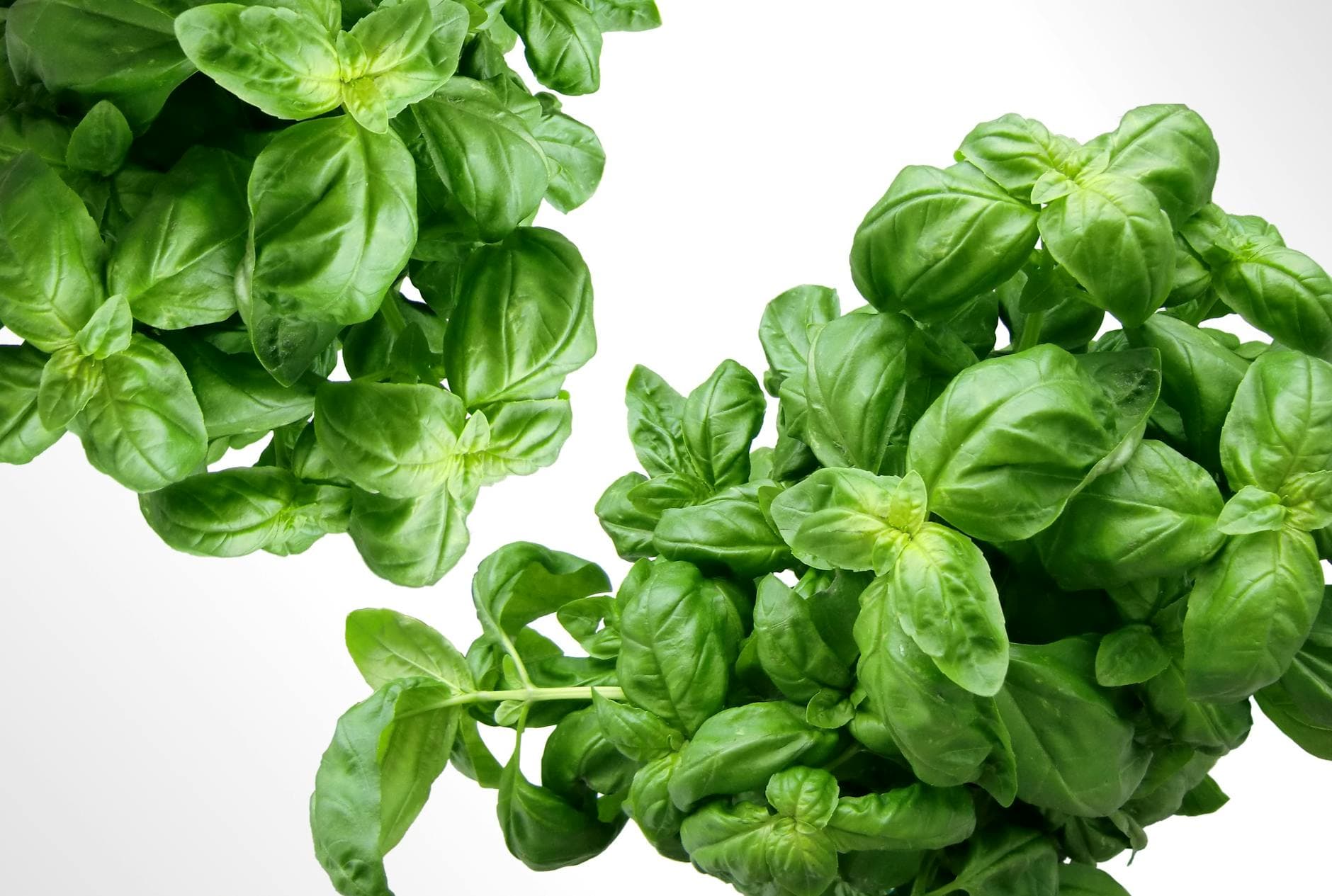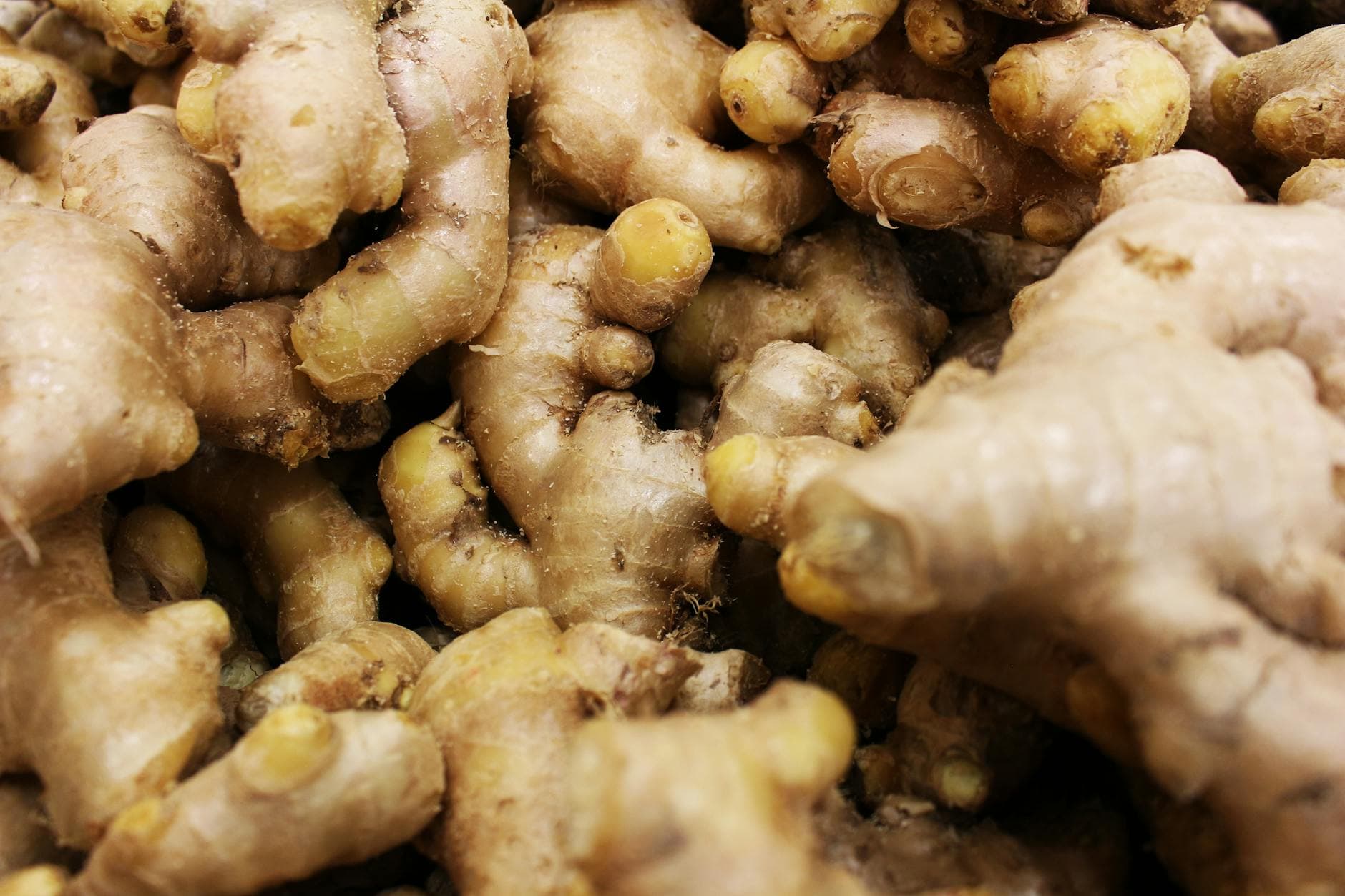Irritable Bowel Syndrome (IBS) is a common, chronic condition affecting the large intestine. Characterized by a group of symptoms - including abdominal pain, bloating, gas, diarrhea, and constipation - IBS can significantly impact quality of life. While conventional medicine offers various treatments, many individuals seek natural approaches to manage their symptoms and find lasting relief. At Healbal, we believe in empowering you with evidence-based natural health knowledge. This article explores gentle, natural strategies encompassing dietary adjustments, lifestyle changes, and herbal support to help calm your gut and restore digestive comfort.
Understanding IBS is the first step toward effective management. It's a functional gastrointestinal disorder, meaning there's often no visible sign of disease or damage in the digestive tract, but the gut doesn't function as it should. The good news is that many natural interventions can help modulate gut function, reduce inflammation, and alleviate the discomfort associated with IBS.
Causes
Understanding the Roots of IBS Discomfort
The exact cause of Irritable Bowel Syndrome remains unknown, making it a complex condition. However, research points to a combination of factors that contribute to its development and symptom flares. These often involve a disrupted communication pathway between the brain and the gut, alongside other physiological and environmental influences:
- Gut-Brain Axis Dysfunction: The gut and brain are intricately linked via the gut-brain axis. In IBS, this communication can be altered, leading to heightened pain sensitivity in the gut and affecting gut motility in response to stress or emotions.
- Abnormal Gut Motility: The muscles in the intestinal wall may contract too strongly or too weakly, or at an irregular pace. This can lead to either rapid transit (diarrhea) or slowed transit (constipation), or a mix of both.
- Visceral Hypersensitivity: People with IBS often have an increased sensitivity to normal sensations in the gut, perceiving even minor gas or stool movement as painful cramping.
- Gut Microbiome Imbalance (Dysbiosis): An alteration in the types and numbers of bacteria in the gut (dysbiosis) is frequently observed in IBS patients. This imbalance can affect digestion, nutrient absorption, and contribute to inflammation and gas production.
- Post-Infectious IBS (PI-IBS): In some cases, IBS symptoms develop after a severe bout of gastroenteritis (stomach flu) caused by bacteria or viruses. This suggests a lasting impact on gut function and sensitivity.
- Small Intestinal Bacterial Overgrowth (SIBO): An excess of bacteria in the small intestine can lead to gas, bloating, and abdominal pain, symptoms that often overlap with IBS.
- Stress and Psychological Factors: While stress doesn't cause IBS, it can significantly exacerbate symptoms. Anxiety, depression, and other psychological factors are common comorbidities with IBS and can influence gut function.
- Dietary Triggers: Certain foods or food groups can trigger IBS symptoms in susceptible individuals. Common culprits include high-FODMAP foods, fatty foods, caffeine, alcohol, and artificial sweeteners.
- Genetics: There appears to be a genetic predisposition to IBS, as it often runs in families.
It's important to recognize that IBS is a multifactorial condition, and identifying personal triggers and underlying imbalances is key to developing an effective natural management plan.
Symptoms
Recognizing the Signs: Common IBS Symptoms
IBS manifests differently in each individual, but a set of core symptoms typically characterize the condition. These symptoms are often chronic and tend to fluctuate in intensity. If you experience these symptoms persistently, it's crucial to consult a healthcare professional for an accurate diagnosis and to rule out other conditions.
- Abdominal Pain and Cramping: This is the hallmark symptom of IBS. The pain is often described as cramping, aching, or sharp, and it's typically relieved after a bowel movement. Its location can vary.
- Bloating and Gas: Many individuals with IBS experience uncomfortable bloating and excessive gas, which can lead to visible abdominal distension and discomfort.
- Changes in Bowel Habits: This is a defining feature and can present in several ways:
- Diarrhea (IBS-D): Frequent loose stools, urgency, and sometimes an inability to control bowel movements.
- Constipation (IBS-C): Infrequent bowel movements, straining, hard stools, and a feeling of incomplete evacuation.
- Mixed Bowel Habits (IBS-M): Alternating periods of diarrhea and constipation.
- Mucus in Stool: The presence of clear or whitish mucus in the stool is common in IBS and is generally not a cause for alarm unless accompanied by blood.
- Feeling of Incomplete Evacuation: Even after a bowel movement, some people with IBS feel like they haven't fully emptied their bowels.
- Urgency: A sudden and strong need to have a bowel movement, which can be particularly distressing.
- Other Symptoms: While less common, some individuals may experience nausea, heartburn, fatigue, headache, and difficulty sleeping.
When to See a Doctor (Red Flags):
While IBS is not life-threatening, certain symptoms warrant immediate medical attention as they could indicate a more serious underlying condition:
- New onset of symptoms after age 50
- Unexplained weight loss
- Rectal bleeding or blood in stool (not just mucus)
- Iron deficiency anemia
- Nocturnal diarrhea (waking up from sleep to have a bowel movement)
- Persistent severe pain that is not relieved by a bowel movement
- Family history of colon cancer, inflammatory bowel disease (IBD), or celiac disease
- Difficulty swallowing
- Persistent vomiting
Always consult your doctor for a proper diagnosis and to discuss the most appropriate treatment plan for your specific condition.
Natural Remedies
Empowering Your Gut: Natural Remedies and Lifestyle Adjustments for IBS
Managing IBS often involves a holistic approach that addresses diet, stress, and gut health. These natural remedies and lifestyle strategies aim to reduce symptoms, promote gut healing, and improve overall well-being.
1. Dietary Modifications:
- Low-FODMAP Diet: This diet restricts fermentable oligosaccharides, disaccharides, monosaccharides, and polyols – types of carbohydrates that can be poorly absorbed and fermented by gut bacteria, leading to gas and bloating. It involves an elimination phase followed by reintroduction under guidance. Consult a dietitian before starting this complex diet.
- Fiber Adjustment: Not all fiber is created equal for IBS. Soluble fiber (found in oats, barley, psyllium, flaxseed) can help regulate bowel movements and soothe the gut, while insoluble fiber (found in whole grains, raw vegetables) can sometimes worsen symptoms, especially in IBS-D. Gradually increase soluble fiber intake.
- Hydration: Drinking plenty of water (at least 8 glasses daily) is essential, especially for IBS-C, to soften stools and aid digestion.
- Mindful Eating: Eat slowly, chew your food thoroughly, and avoid eating on the go. This can improve digestion and reduce air swallowing.
- Identify Trigger Foods: Keep a food diary to identify personal triggers such as caffeine, alcohol, artificial sweeteners, fatty foods, and spicy meals.
2. Stress Management Techniques:
The gut-brain connection means stress can significantly worsen IBS symptoms. Incorporating stress-reducing practices is vital:
- Mindfulness and Meditation: Regular practice can help calm the nervous system and reduce gut sensitivity.
- Yoga and Tai Chi: These practices combine physical movement with breathwork and mindfulness, promoting relaxation.
- Deep Breathing Exercises: Simple diaphragmatic breathing can activate the parasympathetic nervous system, which aids digestion.
- Cognitive Behavioral Therapy (CBT): A type of therapy that helps you identify and change negative thought patterns, which can be highly effective for managing IBS-related anxiety and pain.
3. Regular Physical Activity:
Moderate exercise can help regulate bowel function, reduce stress, and improve mood. Aim for at least 30 minutes of moderate-intensity exercise most days of the week. Avoid overly strenuous exercise if it seems to trigger symptoms.
4. Probiotics:
Certain probiotic strains can help restore a healthy balance of gut bacteria, reduce inflammation, and alleviate IBS symptoms. Strains like Bifidobacterium infantis, Lactobacillus plantarum, and specific multi-strain formulas have shown promise. Always choose high-quality, reputable brands and consult a healthcare provider to find the right strain for your specific symptoms.
5. Peppermint Oil:
Enteric-coated peppermint oil capsules have demonstrated effectiveness in reducing abdominal pain, bloating, and gas in IBS. The enteric coating ensures the oil reaches the intestines before being released, where it acts as an antispasmodic. Caution: Can worsen GERD symptoms in some individuals.
Herbal Treatments
Herbal Allies for IBS Relief: Evidence-Based Options
Nature offers a bounty of herbs with properties that can soothe the digestive tract, reduce inflammation, and calm the nervous system, providing targeted support for IBS symptoms. It's crucial to source high-quality herbs and be aware of potential interactions or contraindications.
1. Peppermint (Mentha piperita)
- Benefits: Peppermint is a potent antispasmodic, meaning it helps relax the smooth muscles of the digestive tract. This can significantly reduce abdominal pain, cramping, bloating, and gas. It also has carminative properties that help expel gas.
- Usage: Most effective as enteric-coated capsules (e.g., 0.2-0.4 mL of peppermint oil, 3 times daily between meals). Peppermint tea can also be soothing but may not deliver enough active compounds to the intestines for significant antispasmodic effects.
- Cautions: Should be avoided by individuals with severe gastroesophageal reflux disease (GERD) or hiatal hernia, as it can relax the lower esophageal sphincter and worsen heartburn.
2. Chamomile (Matricaria chamomilla)
- Benefits: Known for its calming and anti-inflammatory properties, chamomile can help relax the smooth muscles of the digestive tract and reduce gut spasms. It also supports stress reduction, which is beneficial for the gut-brain axis.
- Usage: Best consumed as a tea (infuse 1-2 teaspoons of dried flowers in hot water for 5-10 minutes, 2-3 times daily). Tinctures are also available.
- Cautions: People with allergies to plants in the daisy family (e.g., ragweed, marigolds, chrysanthemums) should use chamomile with caution. May interact with blood thinners.
3. Ginger (Zingiber officinale)
- Benefits: Ginger is a well-known anti-inflammatory and anti-nausea herb. It can help stimulate gastric emptying (beneficial for IBS-C dominant types) and reduce gut spasms and pain.
- Usage: Fresh ginger can be added to meals or brewed as a tea (slice 1-2 inches of fresh ginger, steep in hot water for 10-15 minutes). Ginger capsules are also an option (e.g., 250-500 mg, 2-3 times daily).
- Cautions: High doses of ginger may interact with blood-thinning medications (anticoagulants) and blood pressure medications.
4. Slippery Elm (Ulmus rubra)
- Benefits: Slippery elm is a demulcent herb, meaning it forms a soothing, protective gel when mixed with water. This gel coats the mucous membranes of the digestive tract, reducing irritation and inflammation. It can be beneficial for both diarrhea and constipation by normalizing stool consistency.
- Usage: Typically used as a powder (mix 1-2 tablespoons of powder into a glass of water, 2-3 times daily). Consume it at least an hour before or after other medications or supplements, as its mucilaginous properties can interfere with their absorption.
- Cautions: Generally considered safe, but due to its mucilaginous nature, it may reduce the absorption of other medications if taken concurrently.
5. Licorice Root (Glycyrrhiza glabra)
- Benefits: Licorice root has powerful anti-inflammatory and gut-healing properties. It can help soothe the digestive lining and protect against damage. For IBS, deglycyrrhizinated licorice (DGL) is often preferred, as it retains the gut-healing benefits without the potential side effects of whole licorice.
- Usage: DGL is available in chewable tablets (e.g., 380 mg, 20 minutes before meals).
- Cautions: Whole licorice root can raise blood pressure and cause potassium depletion with prolonged use. DGL removes glycyrrhizin, minimizing these risks. However, pregnant women should avoid licorice.
Always consult with a healthcare professional or a qualified herbalist before starting any new herbal treatment, especially if you are pregnant, breastfeeding, or taking other medications, to ensure safety and avoid potential interactions.
Prevention
Proactive Gut Care: Strategies to Minimize IBS Flare-Ups
While there's no single 'cure' for IBS, proactive management and consistent adherence to a supportive lifestyle can significantly reduce the frequency and severity of flare-ups. Prevention in IBS is largely about understanding your body and maintaining a balanced, gut-friendly routine.
- Consistent Dietary Awareness: Once you've identified your personal food triggers (through an elimination diet or food diary), consistently avoid or limit them. Don't wait for a flare-up to return to your gut-friendly eating habits.
- Maintain Regular Meal Times: Eating at consistent times each day can help regulate digestive function and prevent sudden shifts that might trigger symptoms. Avoid skipping meals or eating very large meals.
- Stay Hydrated: Adequate water intake is crucial for maintaining stool consistency and aiding overall digestion, helping to prevent both constipation and hard stools.
- Prioritize Stress Management: Since stress is a major IBS trigger, make stress reduction an integral part of your daily routine. This includes regular practice of techniques like meditation, deep breathing, yoga, or spending time in nature.
- Regular, Moderate Exercise: Consistent physical activity not only helps regulate bowel movements but also reduces stress and improves mood, all of which contribute to a more stable digestive system.
- Adequate Sleep: Poor sleep can exacerbate IBS symptoms and increase stress levels. Aim for 7-9 hours of quality sleep per night to support overall health and gut function.
- Consider Probiotic Maintenance: If you've found a probiotic strain or blend that helps manage your symptoms, consider long-term, consistent use to maintain a healthy gut microbiome.
- Listen to Your Body: Pay attention to early warning signs of a potential flare-up. Addressing symptoms promptly with your established natural remedies or lifestyle adjustments can often prevent them from escalating.
- Limit Stimulants and Irritants: Reduce intake of caffeine, alcohol, and highly processed foods, which can irritate the gut lining and contribute to symptoms.
By integrating these preventative strategies into your daily life, you can empower yourself to maintain digestive comfort and minimize the disruptive impact of IBS.









